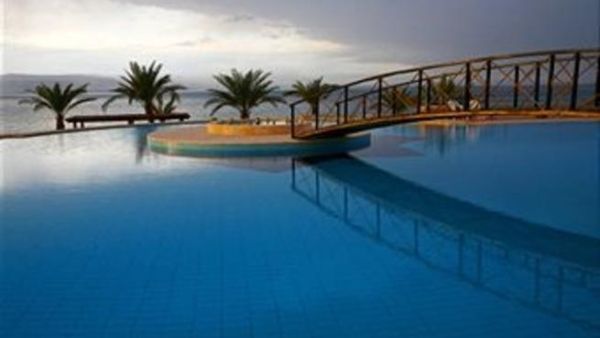Tourism arrivals to the Middle East are on course to more than double over the next two decades - but the UAE has to increase its appeal as a destination if it is to keep growing its slice of the pie.
Rashid Albanna, a political economist with 17 years experience in Dubai told 7DAYS yesterday that diversification of the UAE’s economy has been a prudent strategy, particularly in light of the financial crisis. However, responding to a recent report from the United Nations World Tourism Organisation (UNWTO) which said the Middle East’s slice of global tourism will swell significantly from six percent in 2010 to eight percent by 2030, Albanna warned that the country must make two key improvements. He called for the UAE to better define its offering to both business and consumer tourists and, alongside other regional economies, relax its visa regulations.
“The continued high level of investment in the tourism offering is excellent… the only weak spot for Dubai and the UAE is that the tourism offering is a bit fragmented and muddled, so the message is not clear,” said Albanna. “If you dilute yourself too much as a destination it looses its punch.”
Albanna said that the UAE, along with other Gulf markets such as Saudi Arabia, must continue moves to liberalise visa entry rules. “As the countries of the region transition to more open and democratic governance structures, if they want to achieve their tourism sector targets, they will need to liberalise visas. Otherwise they’ll simply not be able to reach their full potential as tourist destinations. It is not just about building hotels and marketing campaigns.” The UNWTO predicted Middle East arrivals will soar from 61 million last year to 149 million by 2030.
Guido de Wilde, regional boss of Starwood Hotels with brands including the ‘W’ and ‘Westin’, thinks the predictions will come true: “Our pipeline growth is a reflection of our belief in the potential in the region in terms of travel and tourism. This is the first region outside of the US that will have all of our nine brands,” he said.
According to research outfit, Cluttons, Dubai’s hotels have almost fully recovered to pre-crisis levels, with overall occupancy rates at a healthy 86 percent in the first quarter of this year.








